- Who gave you your name?
- Does your name have any particular (or special) meaning?
- Do you like your name?
- In your country, do people feel that their name is very important?
- Would you like to change your name?
- Is it easy to change your name in your country?
- Who usually names babies in your country?
- Do you have any special traditions about naming children?
- What names are most common in your hometown?
我的父母给了我我的名字,确切地说是我的父亲。
Zhi means knowledge, and Lei means accumulation. So I guess my parents wanted to tell me that being knowledgeable depends on accumulation. You see they put a lot of pressure on my shoulders with this name.
志是知识,雷是积累。所以我想我的父母想告诉我,知识的积累决定于知识的积累。你看,他们用这个名字给了我很大的压力。
People in my country pay great attention to their names because they believe that suitable names will bring them good fortune. Sometimes they even change their names for their business and family purpose.
在我的国家人们非常注意他们的名字,因为他们相信合适的名字会给他们带来好运。有时,他们甚至为了自己的事业和家庭目的而改名。
In China, I believe that fathers are in the position of naming their children. Sometimes they will look through some Chinese classical literatures to seek the meaningful words for their children.
在中国,我认为父亲应该给孩子起名。有时他们会翻阅一些中国古典文献,为孩子们寻找有意义的词语。
Oh, there are some nicknames that are very popular in China. For example, Lili means that their parents hope their daughters would be beautiful; and Kuan kuan, indicates that their sons would be magnanimous when they are grown up
哦,有一些昵称在中国很流行。例如,丽丽意味着他们的父母希望他们的女儿漂亮;而宽宽则表示他们的儿子长大后会心胸宽广


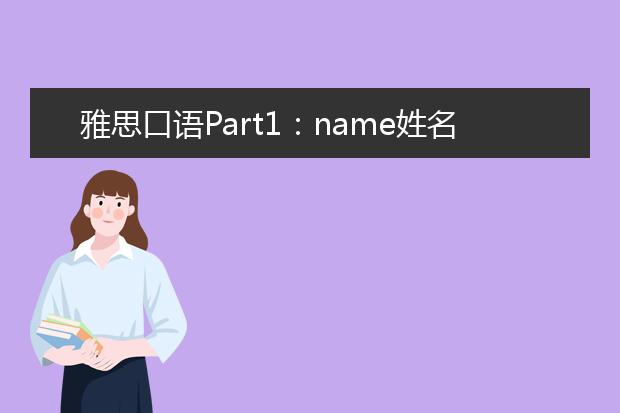
 2021年5月雅思口语题part1:Name
2021年5月雅思口语题part1:Name
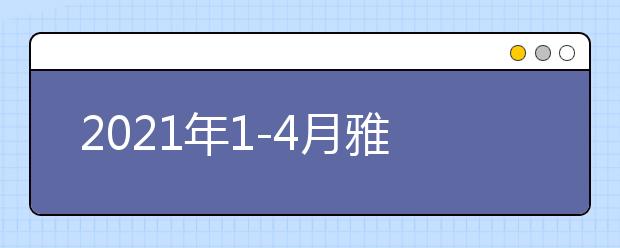 2021年1-4月雅思口语题库完整版part1:Name
2021年1-4月雅思口语题库完整版part1:Name
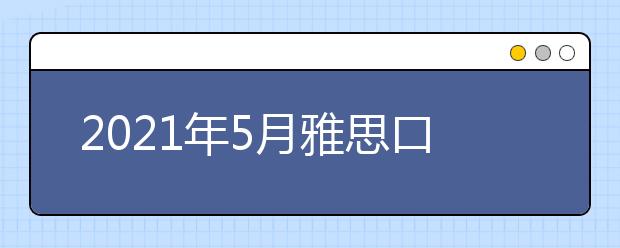 2021年5月雅思口语题part1:Name
2021年5月雅思口语题part1:Name
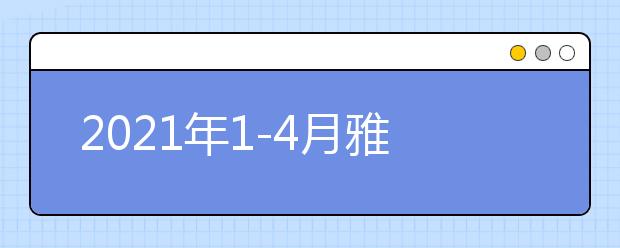 2021年1-4月雅思口语题库完整版part1:Name
2021年1-4月雅思口语题库完整版part1:Name
 2021年1-4月雅思口语part1新题:Name
2021年1-4月雅思口语part1新题:Name
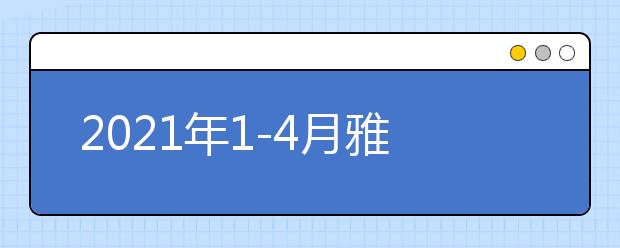 2021年1-4月雅思口语题库part1:Name
2021年1-4月雅思口语题库part1:Name
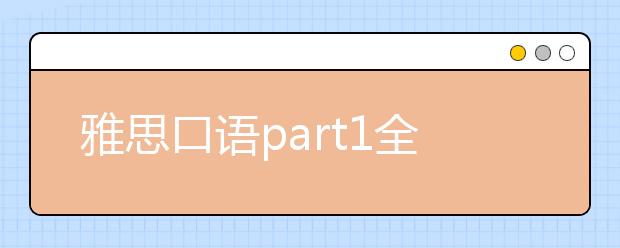 雅思口语part1全解析--name
雅思口语part1全解析--name
 2019年雅思口语part1 name解析
2019年雅思口语part1 name解析
 雅思口语part1全解析--name
雅思口语part1全解析--name
 雅思口语part1题库及答案name 请问:有没有好的雅思口语推荐
雅思口语part1题库及答案name 请问:有没有好的雅思口语推荐
 山东雅思备考:雅思口语扣分点有哪些
山东雅思备考:雅思口语扣分点有哪些 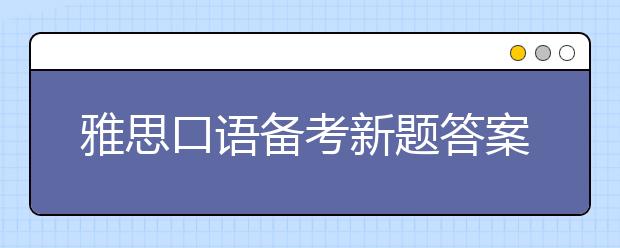 雅思口语备考新题答案解析:向某人作出承诺
雅思口语备考新题答案解析:向某人作出承诺 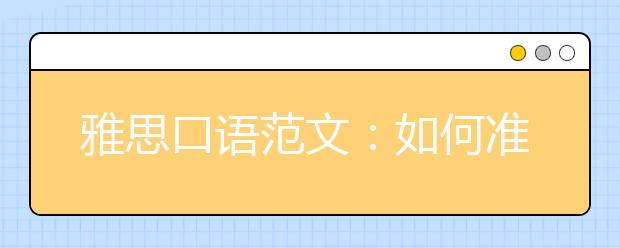 雅思口语范文:如何准备雅思口语part1
雅思口语范文:如何准备雅思口语part1 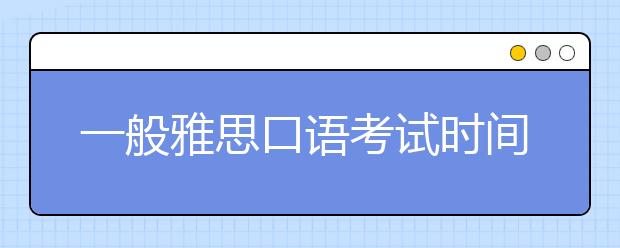 一般雅思口语考试时间多久 雅思口语考试相关
一般雅思口语考试时间多久 雅思口语考试相关 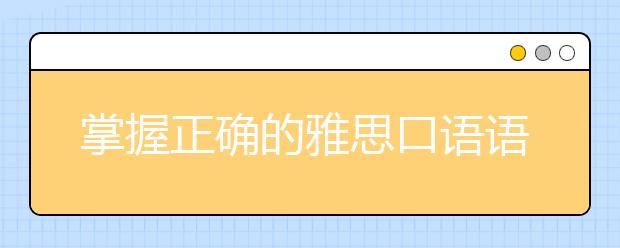 掌握正确的雅思口语语法的重要性有哪些?
掌握正确的雅思口语语法的重要性有哪些?  请问2023年5月22日雅思口语真题及参考...
请问2023年5月22日雅思口语真题及参考...
 什么时候考雅思最合适...
什么时候考雅思最合适...
 请问雅思考试:中国海洋大学考点信息(雅思考...
请问雅思考试:中国海洋大学考点信息(雅思考...
 雅思考试三分钟口语 雅思口语每个part时...
雅思考试三分钟口语 雅思口语每个part时...
 还有3个月多的时间就要英语四级考试了 但我...
还有3个月多的时间就要英语四级考试了 但我...